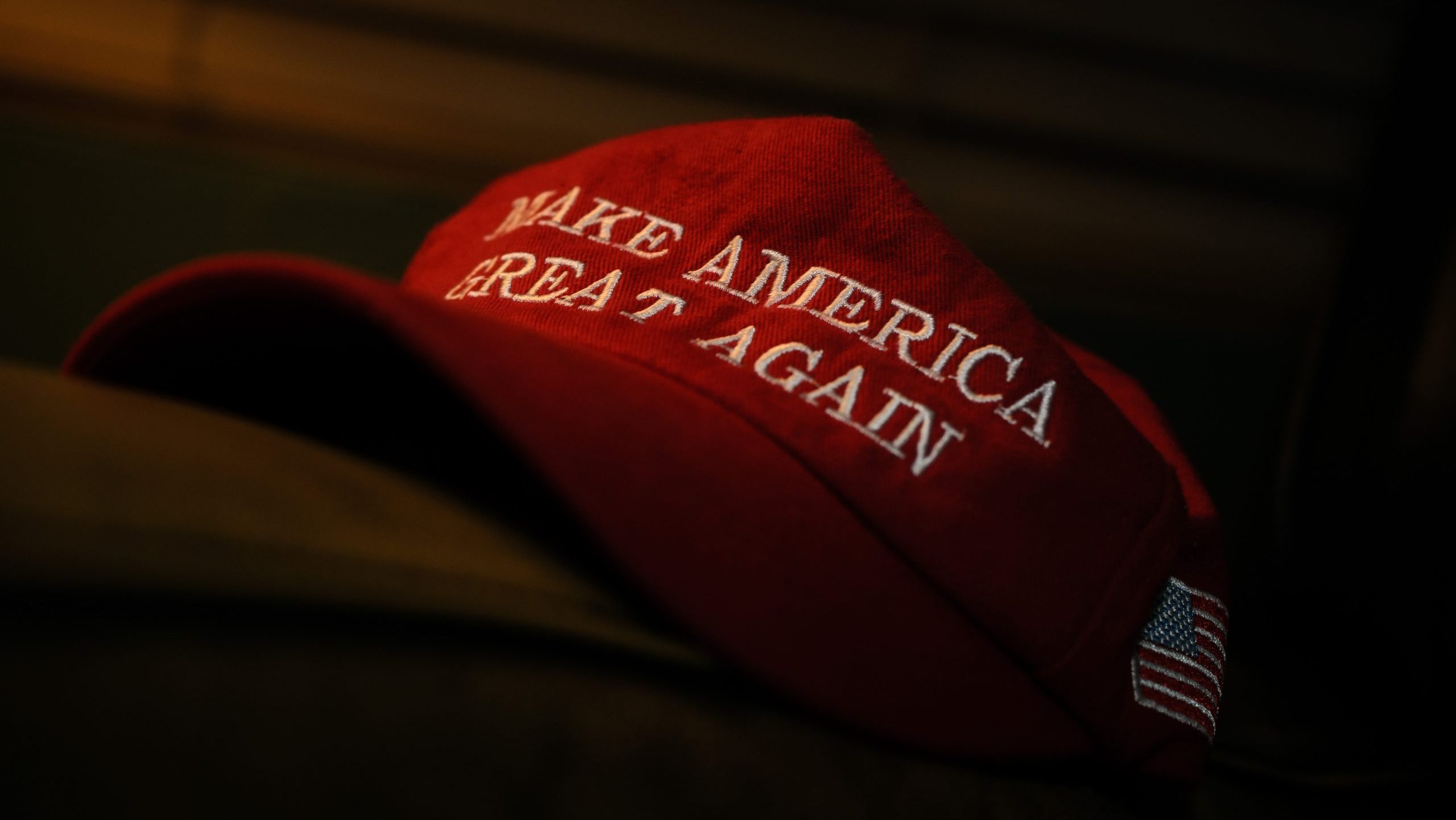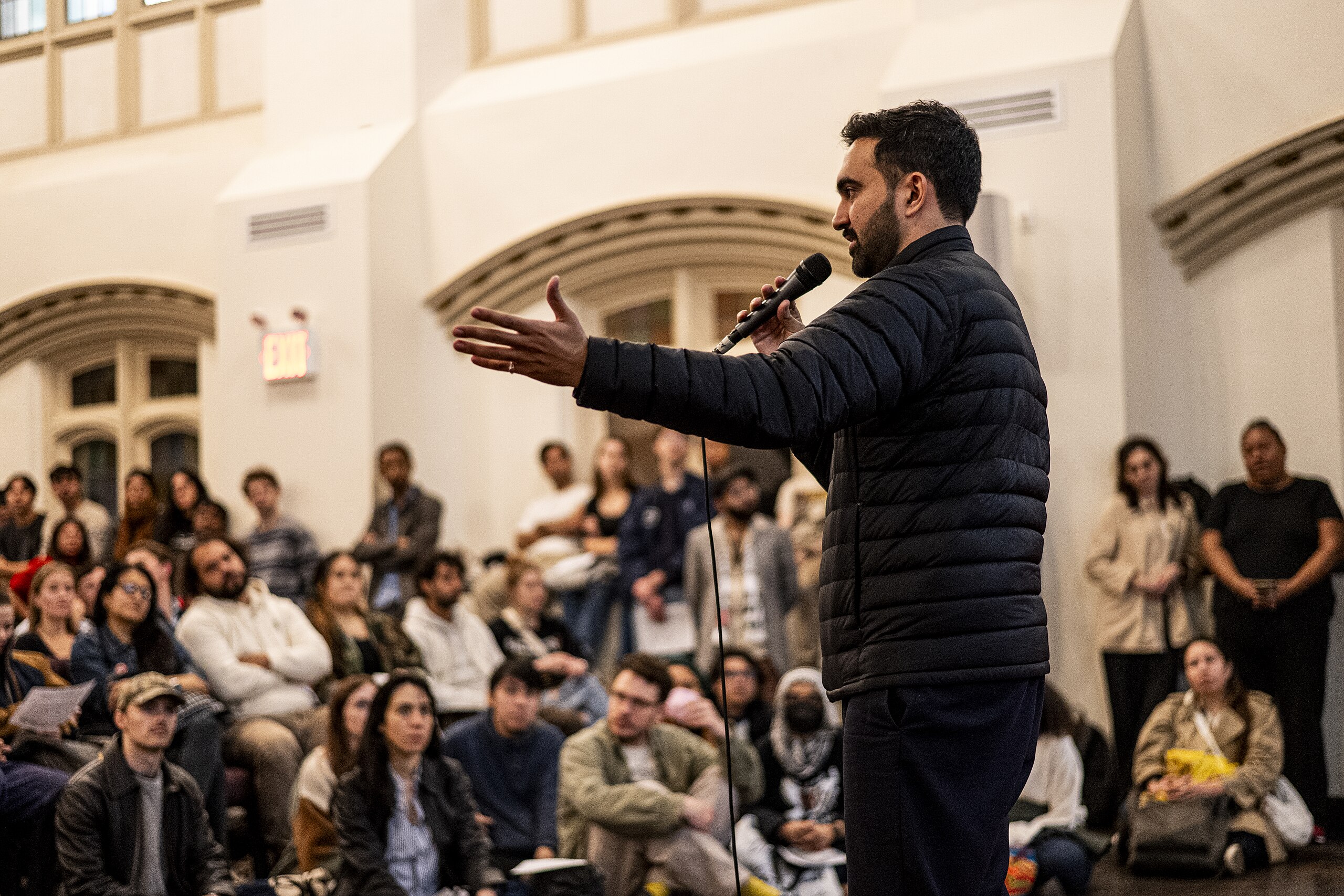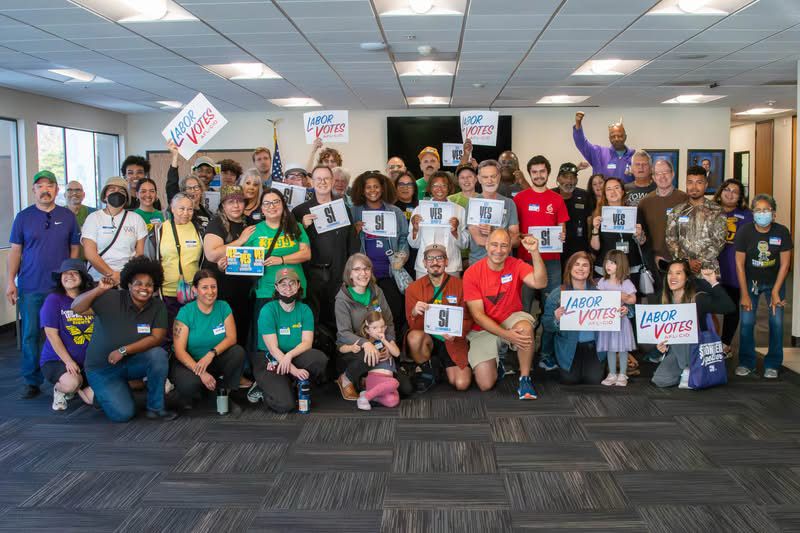Like many living in Miami, I am the child of recent Cuban immigrants who came here escaping the austerity manufactured in Cuba by the US embargo. This is not the narrative commonly shared among the diaspora. Often, blame is placed entirely on the Cuban government, some even going so far as to deny that an embargo on Cuba even exists. The right-wing movement has flourished in the city, allowing anti-Cuba reactionaries such as Maria Salzaar and Marco Rubio to rise to federal offices.
This past election, Donald Trump received approval from 68 percent of Cuban Americans in the country, most of whom live in Miami. Leading up to the election, my neighbors’ homes were decorated with Trump signs and flags signaling their support. When I canvassed a mobile home park where residents were on the brink of eviction by their landlord, every other house was decorated with Trump merchandise; one home also flew Israeli flags.
However, since Trump’s inauguration, some Cuban Americans have begun to change their tune. In March, Trump decided to revoke the legal status of 530,000 Cubans, Venezuelans, Haitians, and Nicaraguans. Previously, under the Biden administration, they had been enrolled in temporary “parole” programs where they were granted a stay in the country as long as they were supported by a sponsor living here. This decision by the Trump administration nullified the legal immigration status of all who initially came to the United States under the previous administration.
This decision represents a major change within the Republican party: overtly turning its back on Cuban Americans. Some Republican party pundits who have built their identity on their so-called support for Cuban Americans through their hostility toward the Cuban state have rejected the president’s hostility towards Cuban immigrants. Latinas for Trump founder Ilena Garcia said in a post on X, “This is not what we voted for, I have always supported Donald Trump, through thick and thin. However, this is unacceptable and inhumane.”
When Cubans are deported from the United States, they are not sent to Cuba. The United States has normalized deportations to “third countries.” For example, in July, five immigrant men, one of whom is Cuban, were deported to the small African kingdom of Eswatini to be held in a maximum security prison on no legal charges and with no access to legal counsel. Additionally, eight Cuban men were deported to South Sudan after being held for weeks in a military base in Djibouti. Even pro-Trump Cubans such as Cuban rapper El Funky, writer of “Patria y Vida,” received notice in May to self-deport within 30 days. Average Cuban Americans are seeing how their neighbors, even those with no criminal record, are being kidnapped by Immigration and Customs Enforcement (ICE) with no due process, and feel betrayed.
In spite of this, there is not yet a radical shift in the politics of Miami Cubans. Most are still extremely conservative, and although they are critical of how ICE is operating at this moment, they are not against deportation or anti-immigrant policies. People are scared when their family members disappear from Alligator Alcatraz, but not outraged that deportations take place at all.
I know it is not normal to be looking over my shoulder to make sure a police officer or ICE agent isn’t following me home. It is not normal for my teachers to come to me afraid that their students could be detained. It is not normal for people across the country to see their streets being raided. As socialists, we use the fight against deportations to illuminate that this is more than a single president’s policy. We make it clear that if any of our immigrant neighbors can be kidnapped and shipped off by the state, that is a threat to every one of us, even those of us with birthright citizenship or who were naturalized.
We don’t retreat into the shadows. It is by showing up in the light to fight alongside everyday people that we can win.
Republished from Revista Movimento




